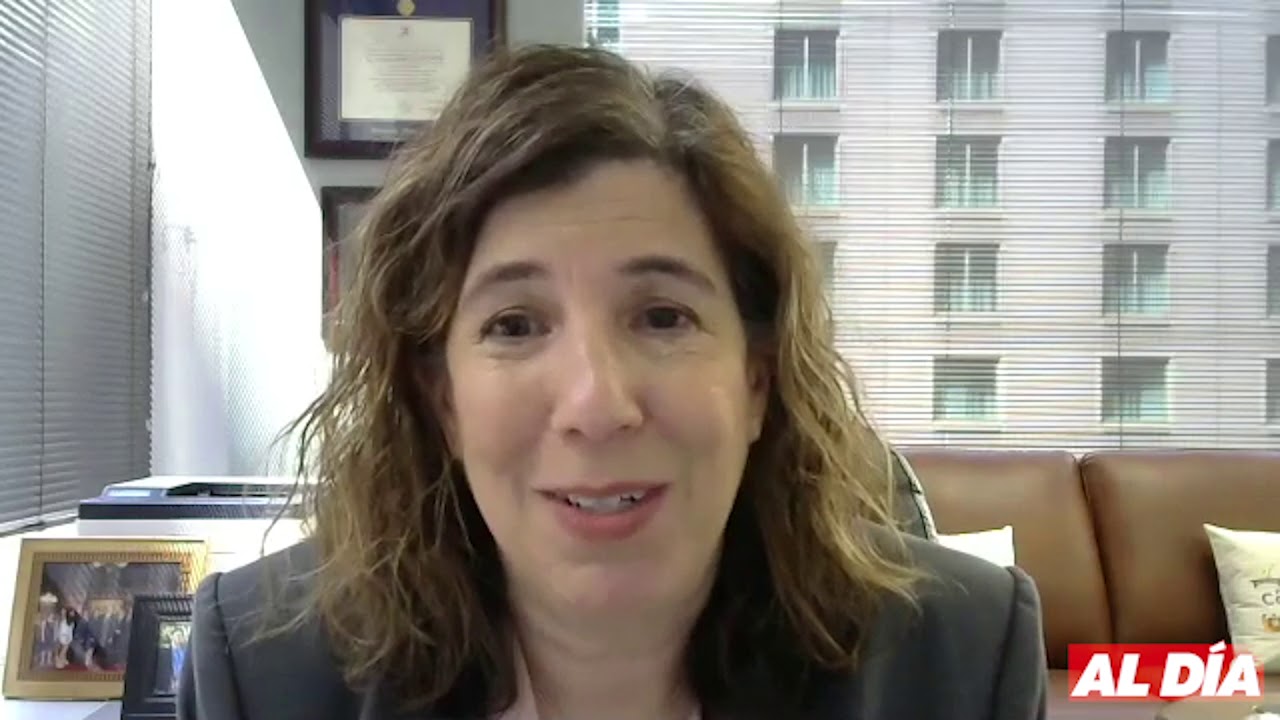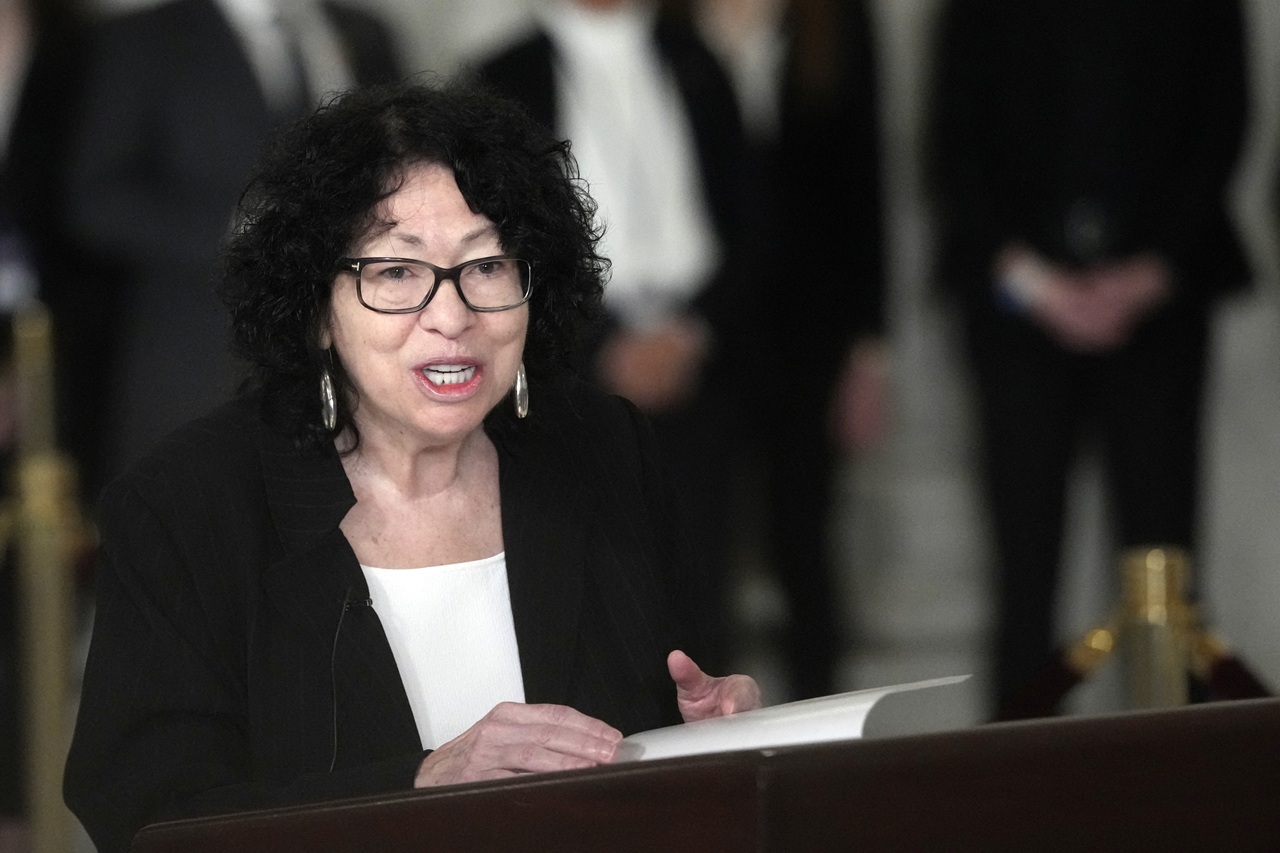
SEPTA’s COVID-19 reopening will put safety over convenience, says General Manager Leslie Richards
The transportation authority’s new leader looked back at what’s turned into a crazy four months at the helm.
For SEPTA General Manager Leslie Richards, the last two months of confronting the coronavirus have been “challenging to say the least.”
“A few times I felt like I was having trouble breathing, I’ll be honest,” she said, having joined AL DÍA to talk through the experience in its first-ever virtual AL DÍA Talk on May 13.
That anxiety was rooted in the deaths of seven SEPTA employees from coronavirus in the two-month timeframe.
“It’s been difficult to go about work with any sense of normalcy when you’re dealing with those types of stakes,” said Richards.
Back at the beginning of the coronavirus pandemic, she said her and her staff were watching events unfold in Wuhan, China just like the rest of the world.
When the virus outbreak started in Italy is when they started taking it more seriously.
As it entered Seattle, Richards and her staff began looking elsewhere in the country and world to see how travel was being restricted amid the pandemic.
“It all became very real, very quickly,” said Richards.
The speed at which the virus spread and the changing information about its prevention and necessary protective equipment made the initial response tricky and that’s still true today.
“For many days it feels like we can spend all day trying to solve a problem and then we wake up the next day and I feel like the entire game has changed,” she said.
Early on, SEPTA implemented more cleaning efforts on its trains, buses and trolleys to help protect riders and employees alike.
On April 9, a lifeline service schedule was announced, severely limiting the number of trains running and stations serviced amid the pandemic.
Around the same time, it also became more apparent that protective equipment was needed for employees. For that, Richards credits her staff’s close work with the unions to not only hear the demands, but answer them with the necessary supplies.
To date, Richards said SEPTA has never run out of any personal protective equipment in spite of procuring most of their supplies on their own outside of some accelerated help from the Federal Transit Authority.
“We’ve been very fortunate,” she said.
Of late, a new call from employees has also asked for access to COVID-19 tests and temperature-screenings at stations.
In regards to tests, Richards said she was “all for getting people tested,” but the reality is more “frustrating.”
That reality is one heard all around the country since the early days of COVID-19 about the lack of tests available.
“If there was a company that I could call up today that had thousands of rapid tests that gave you a response within an hour and we could make it available to all of our employees, I would be talking to them right now,” she said. “But that doesn’t exist.”
In place of aid from a larger entity, Richards said SEPTA is talking with smaller nonprofits and groups of doctors taking up the effort of procuring and distributing tests on their own.
SEPTA has also looked at what its peer agencies are doing and taking notes, especially the larger ones.
RELATED CONTENT
Right now, SEPTA’s testing reality is a work in progress, with potential random testing rather than the desired mass-testing and temperature screenings at certain times while also encouraging employees to do their own checks before leaving for work.
“We are trying to do everything we can to give everybody the most secure feeling that we are doing everything we can to keep them safe,” said Richards. “We know testing and temperature checks are part of that and we continue to work on it.”
The idea of maintaining safety for both employees and riders is at the forefront of SEPTA’s reopening plans set to commence on May 17.
“We want to run a system that’s as safe and sanitary as possible, and one that provides opportunities for social distancing,” said Richards.
The reopening, during which most of the in-city services will resume regular operations, will include a bigger fleet of vehicles for people to spread out and still enforce rider limits on certain services like the bus.
The rider limit, especially, could mean some stops get skipped. Richards warned of a “randomness” of convenience for the new version of the system as circumstances change around the virus and its spread.
“This system is far from perfect. This system will be far from 100% reliable. We will be running the best system we can with the challenges we’re presented with and will continue to be presented with on a daily basis,” she said.
Fare collection will also resume in an effort to keep Philadelphia’s transient population off of its services, which Richards views as a “challenging situation.”
“They are overwhelming our system. Many of them get on our system and ride it all day because the shelters they are used to being able to go to have now closed because they can’t social distance at the shelters,” she said.
To help, SEPTA has partnered with Philadelphia’s Homeless Services Office and the Philadelphia Airport — which is also dealing with a similar situation — to find solutions.
“We all want this vulnerable population to have good choices, to have good options,” said Richards, “but we can’t allow them to endanger the people that need to use the system as well.”
Going forward, SEPTA is also putting a hold on its fare restructuring plan until 2021, whose public hearings will still go forward but in a virtual format.
On July 1, it is also eliminating its $1 transfer fee and allowing children between 5 and 11 years old ride for $1. Considering what could be a smaller crowd making daily trips to the office in the aftermath of COVID-19, SEPTA is also introducing a three-day independence Pass.










LEAVE A COMMENT: